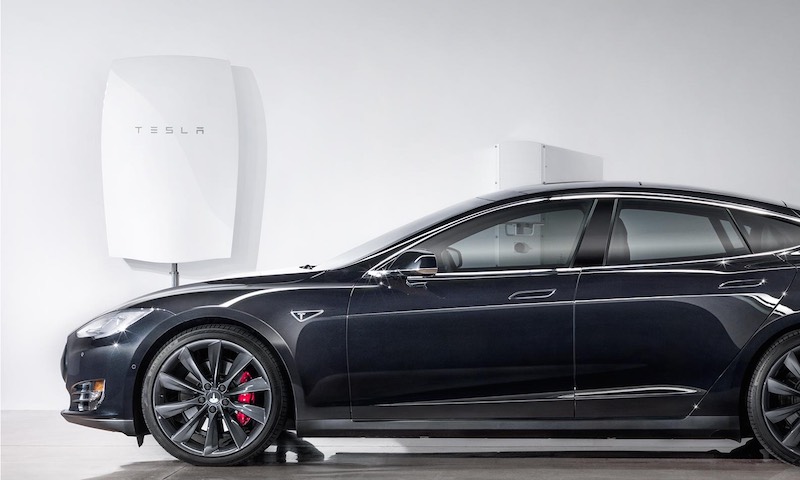
In unprecedented detail, lifespan gap shown to be large and growing rapidly.

MIT researchers discover astonishing behavior of water confined in carbon nanotubes.

MIT and Uber team up to study the potential for shared rides and vehicles to reshape urban mobility.

Chemists discover structure of bacterial enzyme that generates useful polymers.

After sensing dangerous chemicals, the carbon-nanotube-enhanced plants send an alert.

New training technique would reveal the basis for machine-learning systems' decisions.

Scientists and engineers recently made a leap forward in the pursuit of clean energy. The team set a new world record for plasma pressure which is the key ingredient to producing energy from nuclear fusion, and MIT

As electric and hybrid cars steadily become more popular, MIT thought they would double check the numbers and see just how economic low-emission cars are.

A joint research team at Masdar Institute and MIT has developed a new two-layer solar cell with a theoretical efficiency of 40 percent, smashing the current world record.

Even after being stretched, twisted, and bent at extreme angles, the structures sprang back to their original forms within seconds of being heated to a certain temperature “sweet spot.”

Engineers program human cells to store complex histories in their DNA.

Researchers at MIT have just completed the most comprehensive study yet and have reached a clear conclusion: electric vehicles can meet drivers' needs enough to replace 90 percent of vehicles now on the road.

A team from MIT’s Computer Science and Artificial Intelligence Lab (CSAIL) and Israel’s Weizmann Institute of Science have demonstrated a display that lets audiences watch 3-D films in a movie theater without extra eyewear.

Scientists at MIT and elsewhere have identified the "first fingerprints of healing" of the Antarctic ozone layer, published today in the journal Science. September ozone hole has shrunk by 4 million square kilometers since 2000.

By slowing down light to a speed slower than flowing electrons, researchers create a kind of optical "sonic boom"